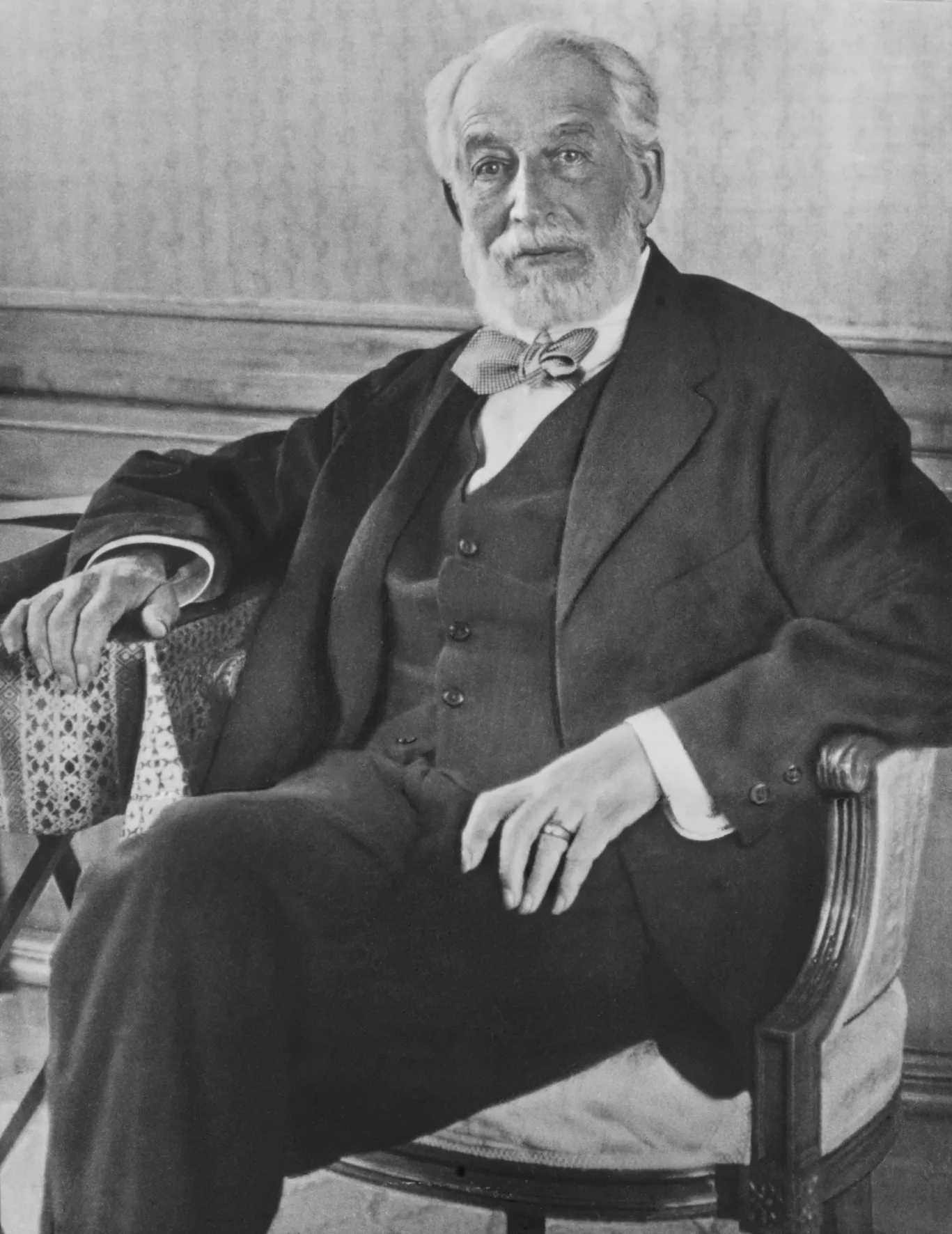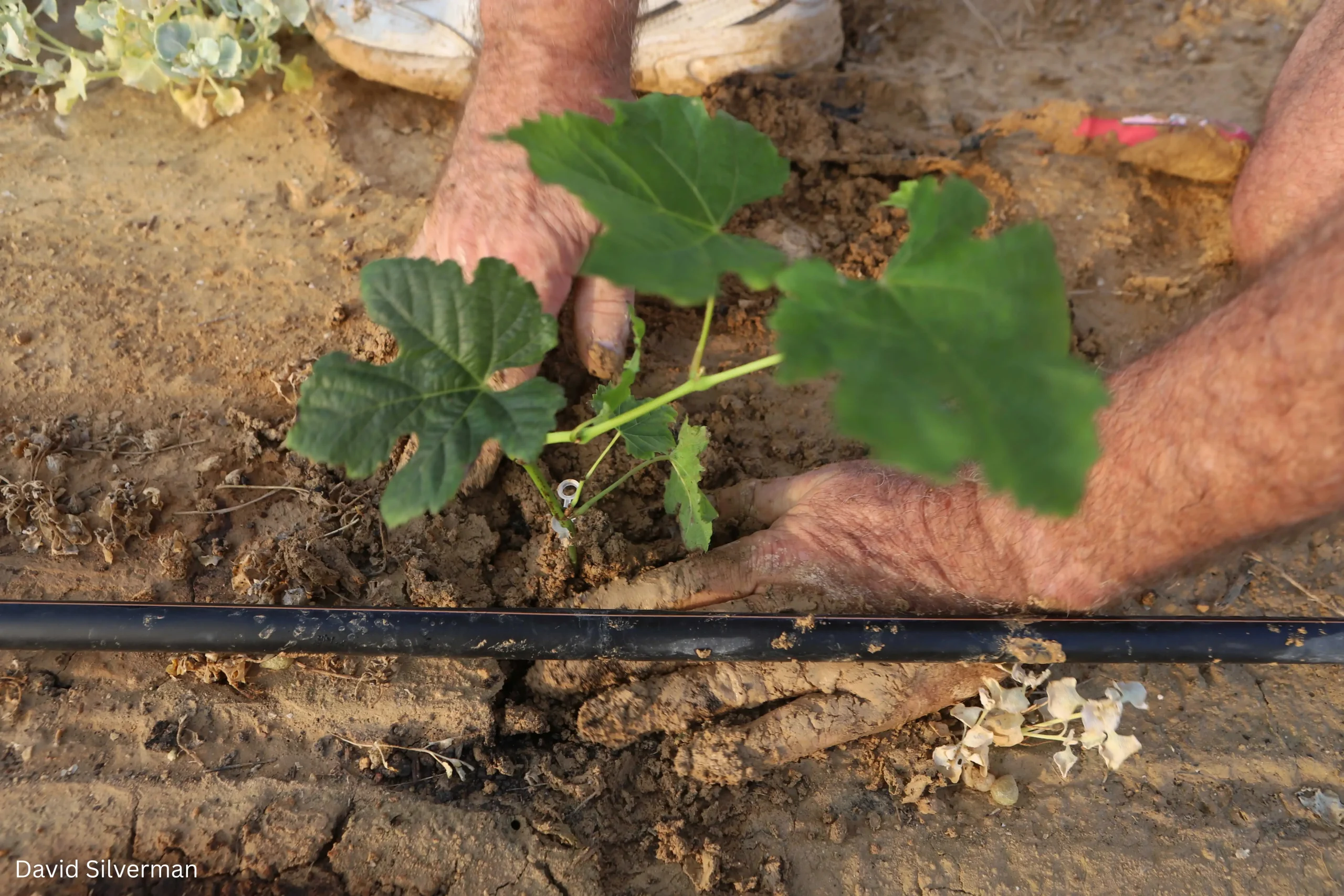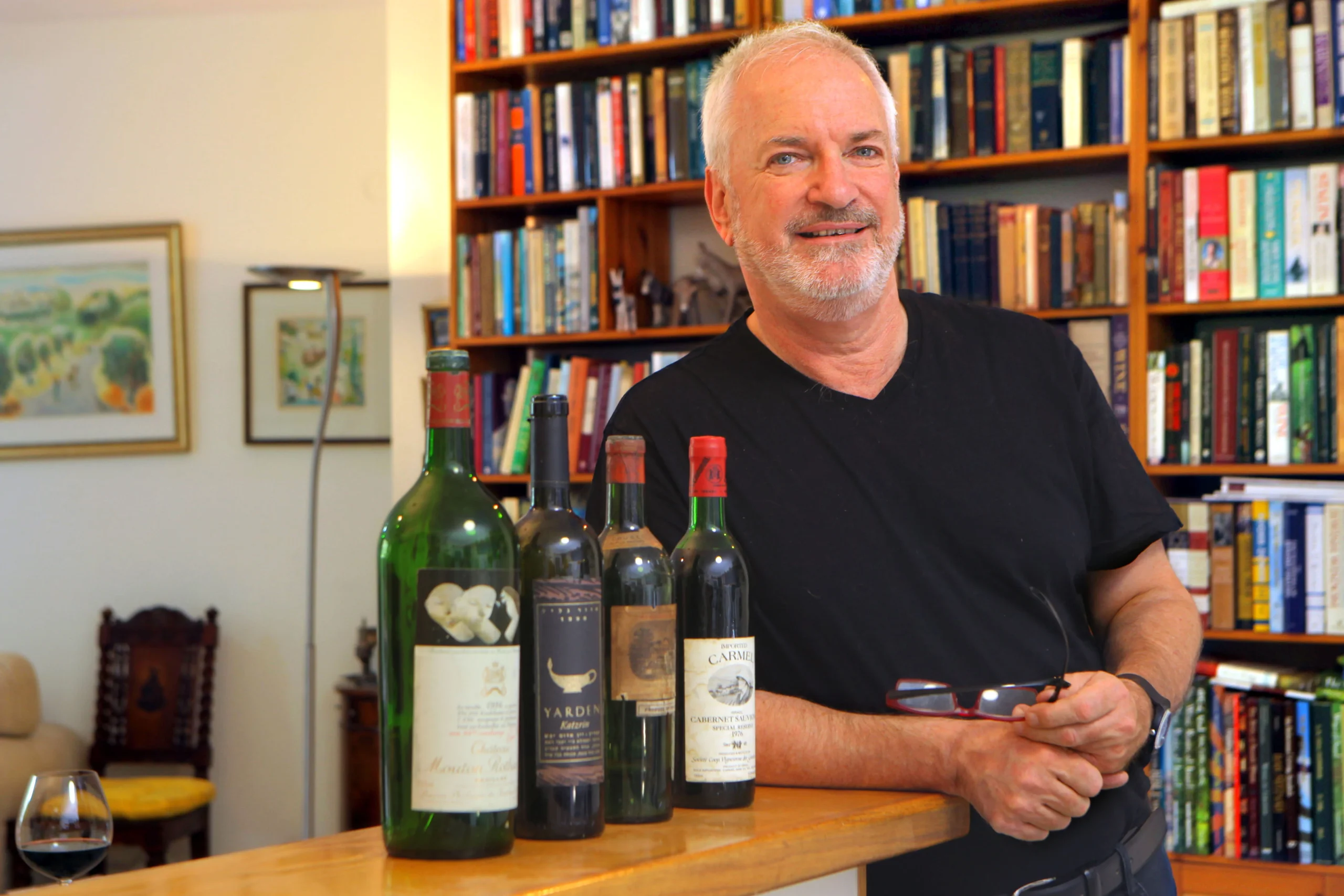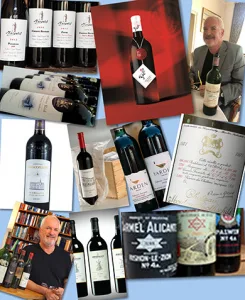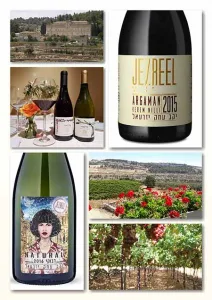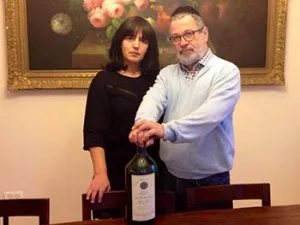Divine Vintage is a newly published book which provides a window into the ancient world of wine, and ends up in modern times. It follows the biblical wine route, and includes Canaan, Ancient Israel and the State of Israel. It delves into the area where wine culture was born and examines the recent quality revival in the historic but newly dynamic wine region of the Eastern Mediterranean.
The Eastern Mediterranean was the cradle of the grape. Over two thousand years ago, this was the France and Italy of ancient times. The book colorfully explains the wine cultures of the Israelites, Egyptians, Greeks and Romans. It discusses the use of wine in the burial rites of the Egyptians, and gives an explanation of the Greek Symposium, which was a glorified wine tasting and the Roman Convivium, which was a feast or banquet.
Interwoven in the book are some of the major figures of the Bible who all feature in the story of wine. It all begins with Noah, the first person to plant a vineyard. He must have taken some vine cuttings into the Ark along with all the animals. He was also the first person to drink too much wine. The first person to be blessed with bread and wine was Abraham. Lot was also infamous for becoming inebriated. Moving on to Egypt, there is the story of Joseph and Pharaohs Cup Bearer, who was the first sommelier. The most enduring wine related image of the Bible is of the spies sent by Moses to the Promised Land. They returned with a bunch of grapes so large that it had to be held on a pole by two men. All this was to illustrate that Israel was a land flowing with milk and honey. This image is kept alive in the logos of Carmel Winery & the Israel Ministry of Tourism. Isaiah?s Song of a Vineyard provided an illuminating description of the viticulture of the time.
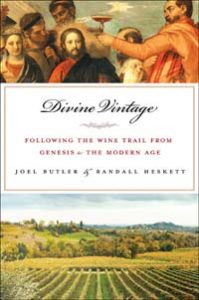
There is the story of Naboths vineyard. He came to a sticky end at the hands of King Ahab and Queen Jezebel. Then there is Nehemiah, the Cup Bearer to Ataxerxes, King of Persia. He was the first Jewish sommelier and paved the way for the return of the Israelites, the rebuilding of Jerusalem and a revival of winemaking. King David was also a wine lover who had vineyards and cellars so vast that he needed officials to look after them.
Galilee is brought into focus in the story of Jesus, who took on the role of winemaker at Cana (in the Galilee), when he changed the water into wine. This provides a connection to Israeli wine today, because two thousand years later, the Galilee is arguably Israels finest quality wine region. The Jewish roots of the Last Supper, which was basically a Passover Seder Night, are also discussed.
For 2,000 years the Eastern Mediterranean was known for fairly dire wine. The first steps to create modern winemaking industries were taken in the mid to late 19th century. This was when wineries like Carmel in Israel, Ksara in Lebanon, Achaia Clauss and Boutari in Greece revived winemaking in their respective countries. In Turkey, Kavaklidere & Doluca were to follow suit in the early 20th century.
In the late 1970s and early 1980s, the Golan Heights Winery (Israel), Chteau Musar (Lebanon) and Domaine Carras (Greece) were the first wineries to show that it was possible to make world class wines. They acted as a quality catalyst in their respective countries. In recent years something close to wine fever has taken root throughout the region. Numerous new boutique wineries suddenly appeared and the larger wineries changed direction and invested in quality. The wine revolution gathered pace in Greece and Israel in the 1990s and continues until today. In Lebanon and Turkey the new winery boom has been more recent, getting under way in the 2000s.
The two authors are the ideal people to tell this fascinating story. In a way, both have dabbled in the others field. Randall Heskett Phd is an expert on the Hebrew Bible, who has also worked in wine. Joel Butler MW has a degree in history and has devoted his life to wine education.
Dr. Randall Heskett is a Biblical Scholar and author, who has taught at the University of Toronto, Queens University and Denver Seminary. He is presently founding president of Boulder University in Boulder, Colorado. Quite apart from his expertise in the Old Testament, he is also a wine lover and wine importer. His scholarship makes a fascinating read as he delves into the sources to give a rich background spanning from the origins of wine to the Roman Wine Empire.
Joel Butler MW is currently the president of the Institute of Masters of Wine, North America Ltd. He was one of only the first two Americans to become a Master of Wine. He is one of the most experienced people one could hope to meet having worked in every aspect of the wine trade. He is a highly respected wine judge in competitions from as far away as London and Australia and writes regularly about wine in international publications. Currently he is the owner of WineKnow, a wine education company in Seattle.
Joel Butler took the time to painstakingly travel the Biblical wine route, driving many thousands of miles. He visited Turkey, Lebanon, Jordan, Israel and Greece, faithfully recording what he saw in the many hours he spent in the company of winery owners and winemakers. His descriptions of wineries and expert tasting notes bring to life the dynamic story of the regions revival as a quality wine producer.
Divine Vintage clearly positions Israel as being a central part of this modern, but ancient wine region. Israel is a little schizophrenic with regard to where it positioned. Politically it is considered part of the problematical Middle East. In sporting events it competes as part of Europe. In wine competitions it is regarded as being in Asia. Visit the wine shelves in some countries, and it would appear Israel is part of a wine country called Kosher. Culturally it is nearer to being the 51st State of America. The cuisine is a fusion of North Africa, Eastern Europe, the Middle East and Mediterranean. However as far as wine is concerned, Israel is an integral part of the Eastern Mediterranean. The Mediterranean Sea runs along much of the west coast of the country, and the climate of most of the countrys wine growing regions is Mediterranean.
Decanter Magazine would appear to agree. A recent feature article on Israel was headlined: Israel Eastern Med, not Mid East. If only wine retailers were encouraged to display the Eastern Med countries together, it would mean Israeli wines were not left languishing on the kosher shelves, disregarded by most of the general wine drinking world.
Therefore it would make sense if the wines of Carmel (Israel), Kavaklidere (Turkey), Kourtaki (Greece) and Ksara (Lebanon), appeared together under the heading Eastern Mediterranean on the shelves of wine & liquor stores. Likewise on restaurant wine lists, whenever wines are listed by region, the neighboring wines should be bracketed together. It would be ideal if, say, Gaia or Gerovassiliou (from Greece), Musar or Massaya (Lebanon), Corvus or Kayra (Turkey), and Yatir or Yarden (Israel), were all listed as being part of the same region.
There are many similarities and differences in the Eastern Med. It is an area where matters of wine, war and religion permeate every aspect of the countries concerned. The Greek and Lebanese winemakers tend to be Christian, the Israelis are mainly Jewish and the Turkish are Moslems. Also Greece & Turkey and Israel & Lebanon have each had a turbulent even violent history, even in recent times. However eat the mezze or drink the coffee in these countries, and you begin to see the regional similarities.
It is a region with so much variety. The Greeks have their indigenous varieties. The Turkish wine roots go back to the beginnings of civilization and they also have some unpronounceable grape varieties of their own. The Lebanese wine industry is very Francophile, with strong French winemaking influences. Israel is more New World with state of the art technology in the wineries and very advanced agricultural & viticultural techniques in the vineyards.
The uninformed observer may have in the past considered wines from these countries to be only suitable for the ethnic market. That is to say, Israeli wines only for the religious Jewish (kosher) market, Greek wines for ex patriot Greek Cypriots, Turkish wines for Turkish communities and Lebanese wines for Lebanese restaurants. This outdated idea is misguided as each of these countries is producing their best quality wines for 2,000 years. Furthermore the wines of today are winning trophies and gold medals in the major wine tasting competitions and receiving high scores and quality recognition from international critics.
This is a book not only to read and enjoy, but also to study and learn from. It will explain the beginnings of the worlds wine culture, and the importance of wine in Judeo Christian society. It will also introduce the reader to the exciting modern world of Eastern Mediterranean wine. It is the ultimate guide to the wines of the Eastern Mediterranean, past and present. It will appeal to historians, scholars, wine lovers and connoisseurs alike.
Divine Vintage: Following the Wine Trail from Genesis to the Modern Age is published by Palgrave Macmillan. Price $ 26.













